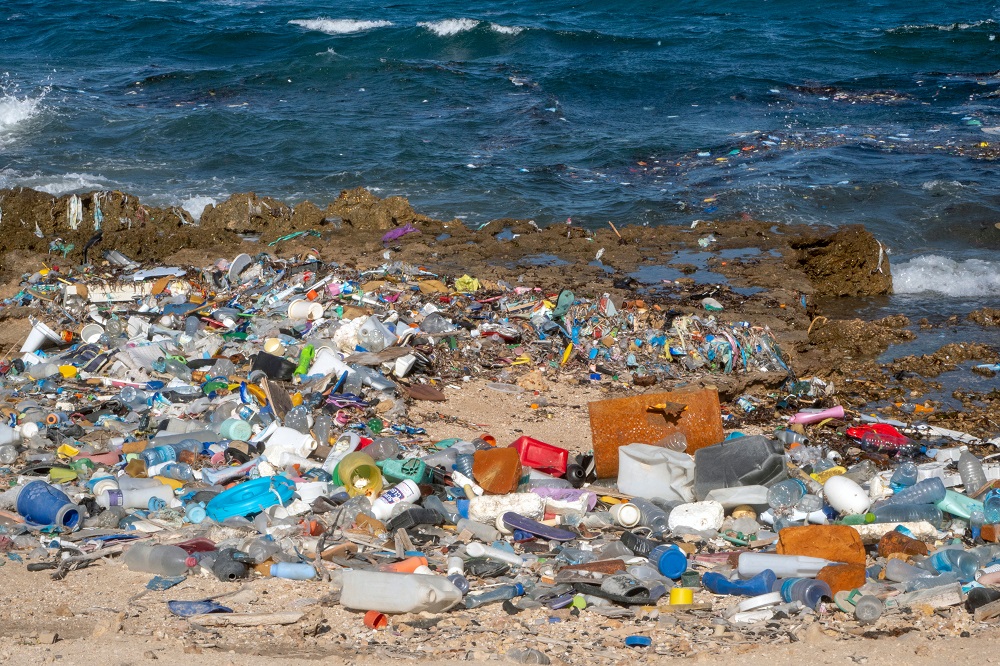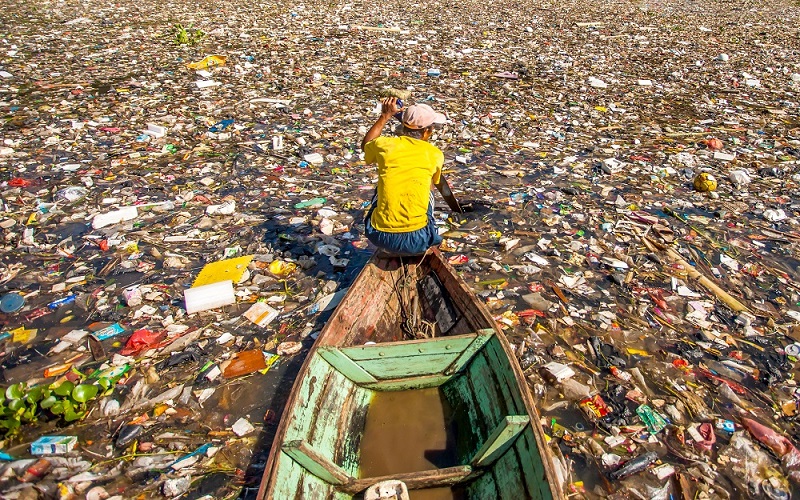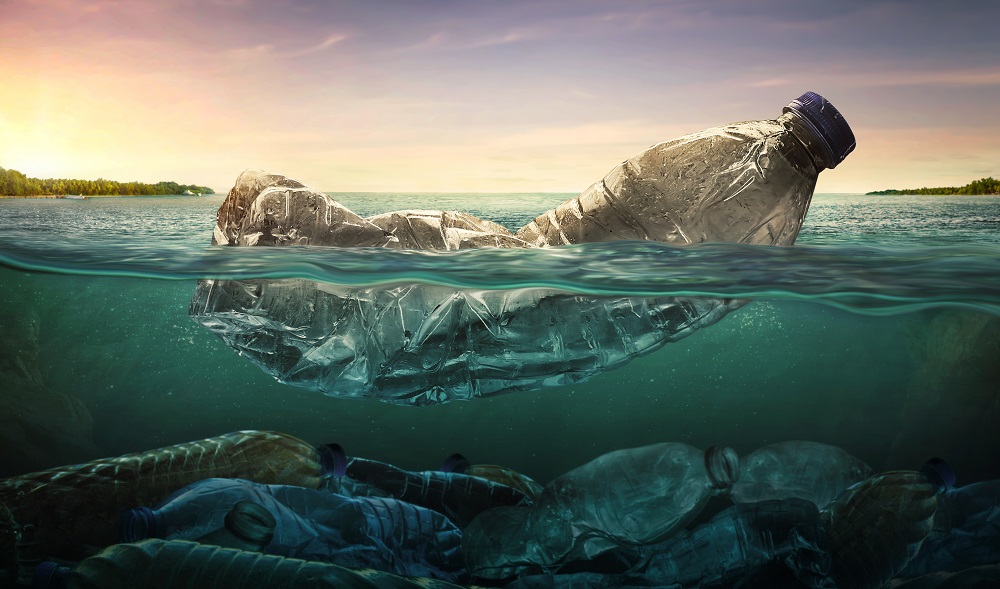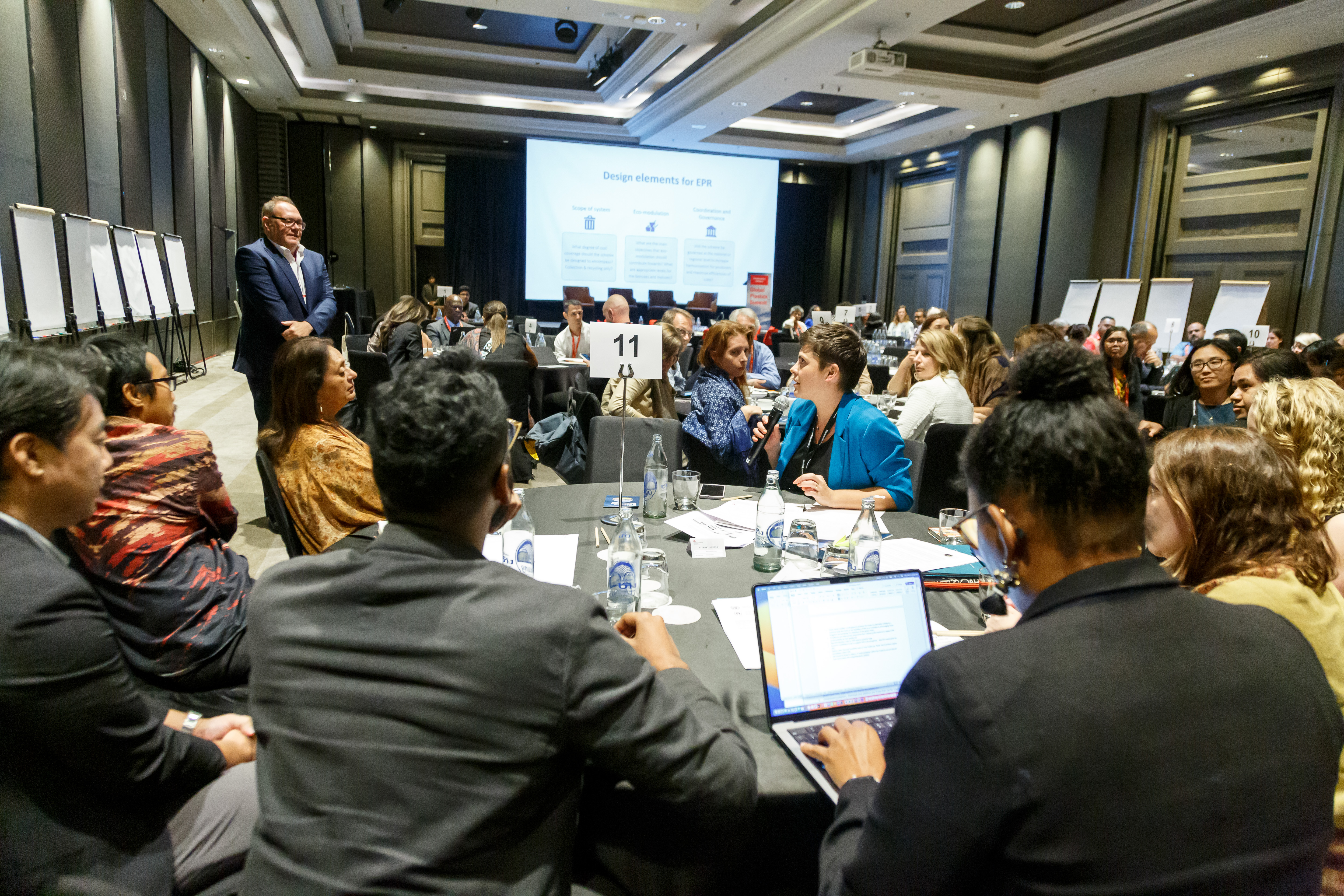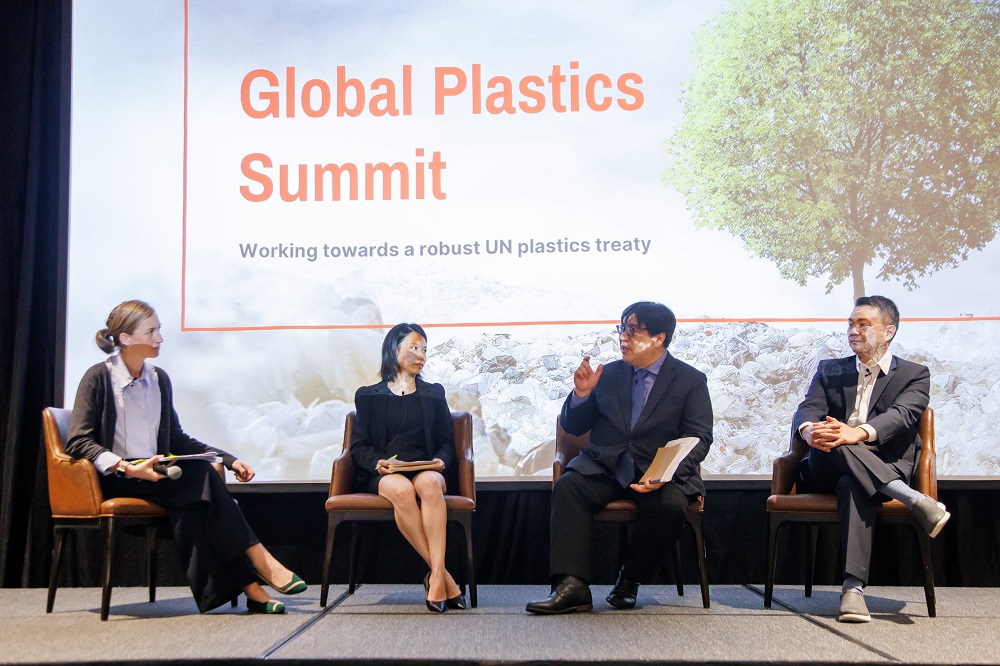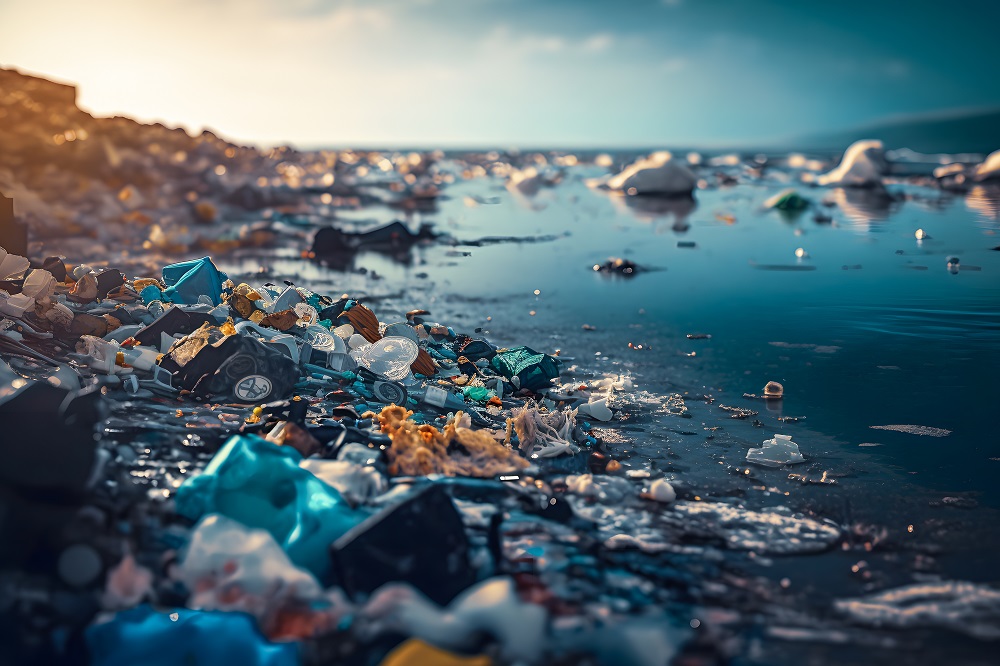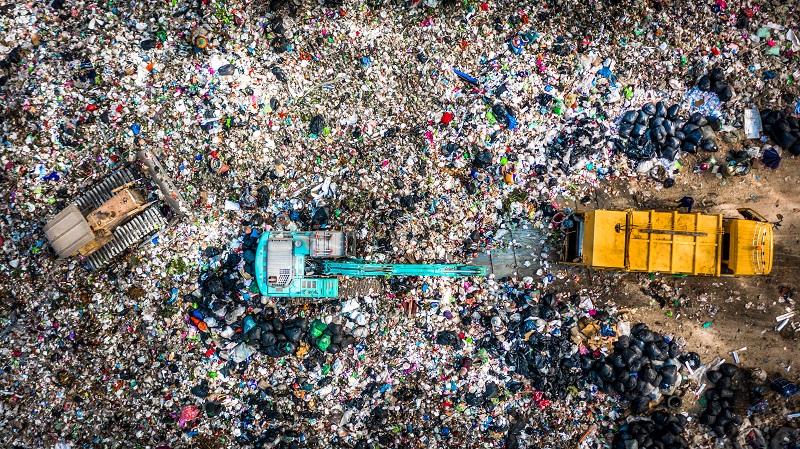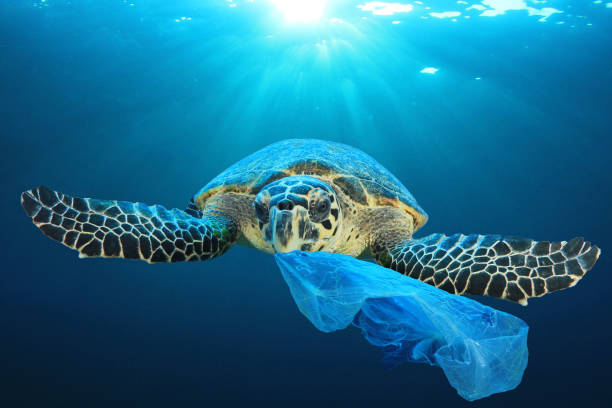Restoring the ocean’s health will require scientific innovation, technical expertise and government intervention. But, most of all, it will require scale. And that means investment is essential. This is the belief that drives Alissa Peterson, co-founder of SeaAhead, a Boston-based platform for ocean related start-ups.
Two years ago, SeaAhead set up BlueSwell, an incubator for early stage ventures, with this belief in mind. It brings founders into contact with potential customers and investors who have the potential to catalyse their ideas into large, impactful businesses. This does not mean sacrificing environmental goals, but it does assume funding is necessary.
“Addressing the problems of the oceans requires scale,” says Ms Peterson. “That means working within the boundaries of how markets are constructed right now. Companies we work with need to be able to raise money in order to have the impact we want to achieve.”
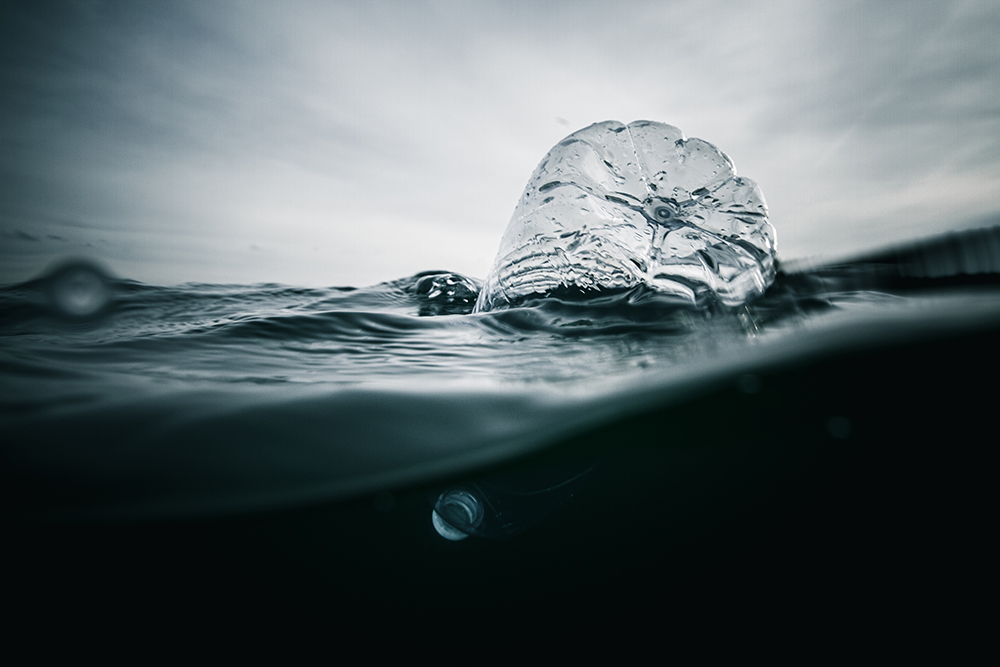
A pipeline of investable companies
BlueSwell was set up with a cohort of just six companies, which has risen to eight in its second year. SeaAhead takes no equity and companies do not need to have raised any money or sold any products. This makes the incubator attractive to highly technical founders with innovative scientific ideas but little commercial grounding.
Once in the programme, these founders are immediately introduced to potential customers and encouraged to think about how they can use their technology to make products that might find a commercial application.
“The expectation of a technical founder is often that ‘Oh, if I just get it to work, then somebody will buy it.’ But often what they are building isn’t quite what is needed, and that will set them back in time and in relationships,”
-Ms Peterson
Take the team behind H2Ok Innovations. Three recent Harvard graduates with a background in computer science had an idea for an Internet of Things-enabled sensor that would measure the composition and purity of water. Through BlueSwell, they found large industrial clients who needed real-time monitoring to reduce water waste and chemical use.
For Coral Vita, another start-up, the original idea was to encourage concerned citizens to sponsor pieces of coral reef for preservation. But they reached a different scale after connecting with major tourism companies willing to sponsor large-scale coral preservation around resorts as both a marketing tool and a means of attracting high spending divers.
Once companies have large customers paying for their service, they become much more attractive to venture capital (VC), and able to grow faster and multiply their impact.
“Our mission with the BlueSwell programme is to build a pipeline of successful companies that are investable,” says Ms Peterson.

Diverse funding
The variety of companies accepted into BlueSwell indicates the sheer diversity of ocean-related technical innovation. Companies range from AKUA, a meat alternative made from kelp, an ocean algae, to VINCI VR, which provides virtual reality training to offshore wind farm engineers.
This diversity can make it hard to attract funding, because despite the pressing challenge of ocean health, there are precious few VC funds directly engaged in the area. Faber, a Portuguese early stage investor, and Oslo-based Katapult are two VCs with dedicated ocean funds, while SeaAhead is raising its own.
That means the sums earmarked for investment in ocean tech are small compared with wider climate VC, for example. And it means a major challenge for ocean-related start-ups is finding a funding category in which they fit.
“Looking at the ocean as an investment thesis is still rare for VCs,”
-Ms Peterson
“Looking at the ocean as an investment thesis is still rare for VCs,” says Ms Peterson. “That means we have to look at each of our companies and pull in investors where we can see a specific overlap.”
Often that will mean speaking to biotech, clean energy tech and climate tech funds, depending on the specifics of the company in question, and explaining how its mission aligns with a VC’s own investment thesis.

Feeding the accelerators
While ocean-focused VC funds remain relatively rare, recent years have seen significant growth in “blue” or ocean-themed accelerators. These accelerators pick up companies that already show some commercial promise and introduce them to networks of VCs and customers, often in return for a slice of equity.
Here governments are playing a part. Both the city of Rotterdam and the Dutch regional government support Port XL, one of the leading blue accelerators, while the Ocean Startup Project, based in Nova Scotia, Canada, has support from both the central government and the regional economic development agency.
It’s the interplay of all these groups—states, innovative technical founders and paying customers, and a supportive start-up ecosystem—that holds the key to a commercially viable clean ocean industry that can operate at the scale needed to restore ocean health.
Back to Blue is an initiative of Economist Impact and The Nippon Foundation
Back to Blue explores evidence-based approaches and solutions to the pressing issues faced by the ocean, to restoring ocean health and promoting sustainability. Sign up to our monthly Back to Blue newsletter to keep updated with the latest news, research and events from Back to Blue and Economist Impact.
The Economist Group is a global organisation and operates a strict privacy policy around the world.
Please see our privacy policy here.
THANK YOU
Thank you for your interest in Back to Blue, please feel free to explore our content.
CONTACT THE BACK TO BLUE TEAM
If you would like to co-design the Back to Blue roadmap or have feedback on content, events, editorial or media-related feedback, please fill out the form below. Thank you.
The Economist Group is a global organisation and operates a strict privacy policy around the world.
Please see our privacy policy here.




 The scourge of untreated wastewater
The scourge of untreated wastewater Slowing
the chemical tide: safeguarding human and ocean health amid
chemical pollution
Slowing
the chemical tide: safeguarding human and ocean health amid
chemical pollution Hazardous chemicals in plastics - the discussions at INC
Hazardous chemicals in plastics - the discussions at INC








